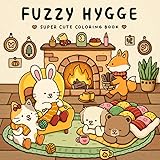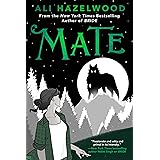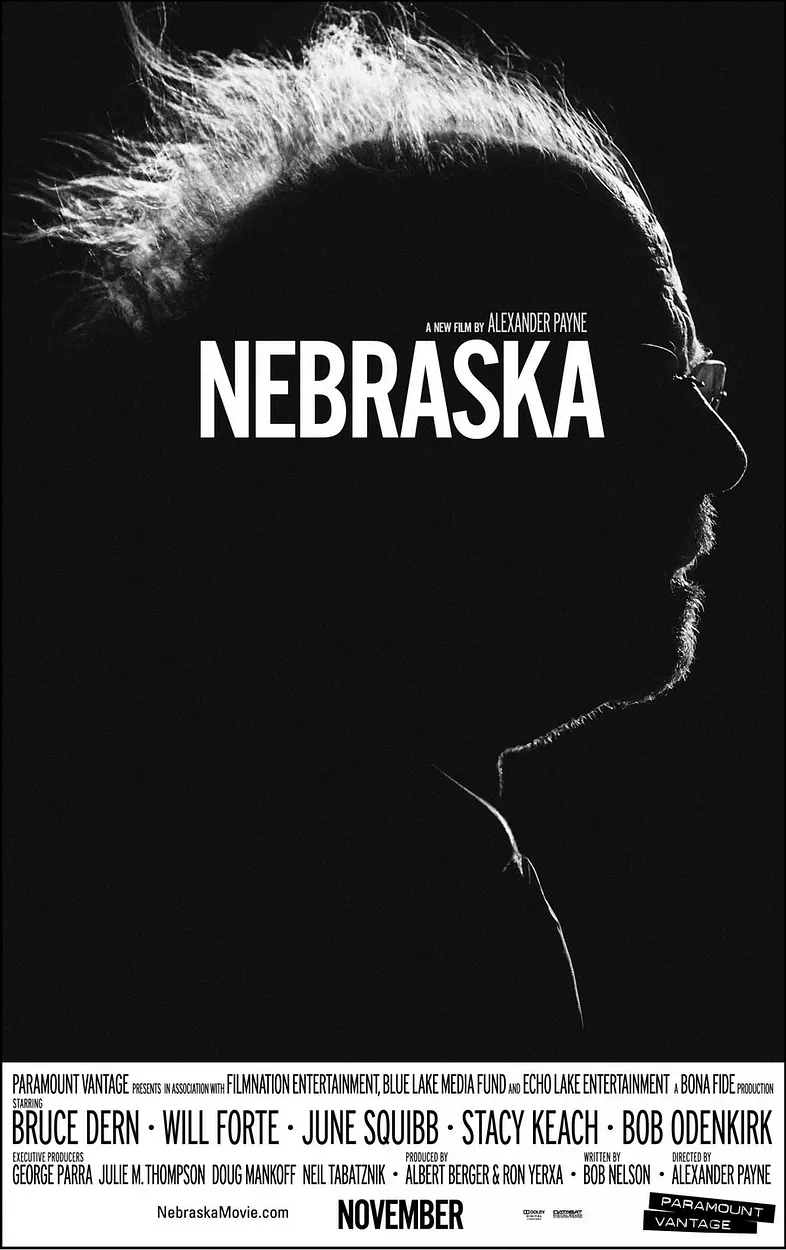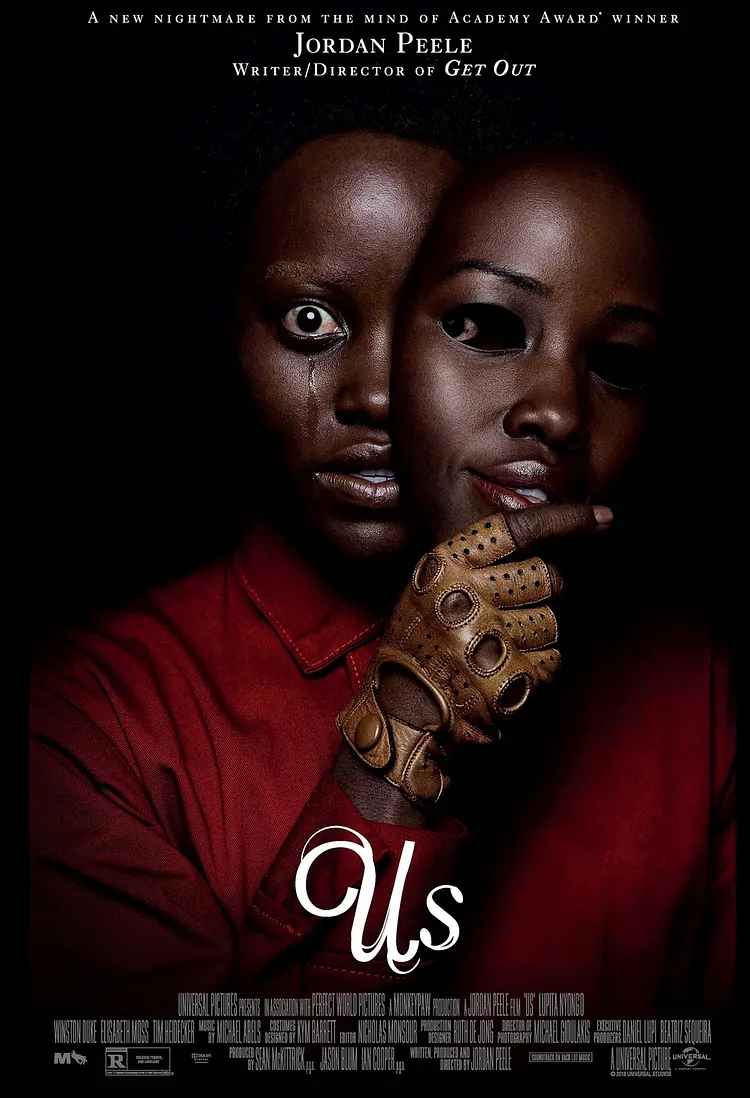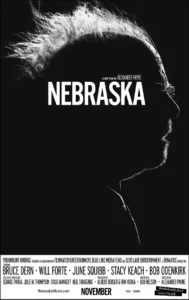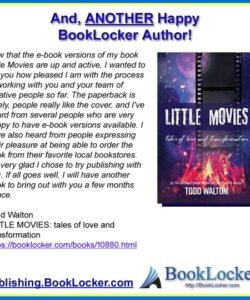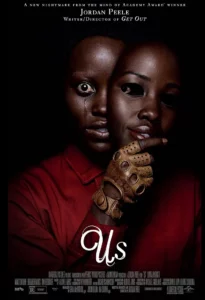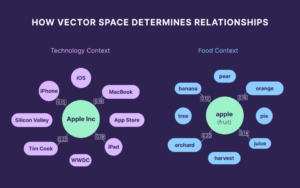“Journey of Transformation: Will the Protagonist Embrace Change or Fall Into Familiar Shadows?”
Every writer knows the exhilarating—and sometimes terrifying—feeling of being the creator of worlds. You wield a power akin to that of a god, molding the fates of characters who confront struggles, make decisions, and ultimately transform. But here’s a thought for you: if characters often undergo profound internal changes through external circumstances, what does that say about our role as writers? Are we merely observers of their journey, or are we the architects orchestrating every twist and turn, every triumph and failure?
In this journey of storytelling, the concept of a “Dramatic Need” emerges, revealing itself as an unconscious force that propels our protagonists ever forward, usually in stark contrast to their desires. It’s a compelling dynamic that not only shapes their arcs but also heightens the stakes of your narrative. If our characters are destined to transform, then the more vivid their initial personalities and the stronger their contrasts with their ultimate selves, the more gripping the tale becomes!
So, as we dive into this topic, let’s explore how understanding and harnessing this creative power can elevate your storytelling to unmatched heights. Ready to unlock the secrets of character transformation? Let’s get started! LEARN MORE

Characters transform internally via external circumstances. We are the gods who make it happen.
Dearest fellow writers, I am about to bequeath to you a beam of arcane knowledge that I feel you should know. As the person behind the pen of your story, to your characters, you are a god. In every terrifying, reverent sense of the word, you are the designer of their destinies, and nothing can save them from your sovereign will.
One of the duties that burdens us writerly gods is the obligation to assign our protagonist a Dramatic Need. This is the unconscious urge to transform that propels them through their story. It is an inescapable thing that chases them to the edge of what is possible, a fate they simply cannot reject. Cruelly, the most interesting protagonists possess a Dramatic Want that sits in binary opposition to their Dramatic Need. Consciously, they will do everything to pursue their want. Unconsciously, every action only inches them closer to their assigned need.
An incredibly professor of mine recently explained something absolutely life-changing to me. He said, “Stories do not begin at the beginning. They begin in binary opposition to the ending, with your protagonist in binary opposition to their transformed self.” In order to truly understand your story’s start, you must know how it will end. In order to truly understand how your protagonist manifests initially, you must know who they are to become. The more drastic the contrast, the more gripping the story.
By definition, a protagonist is a sufferer. They want the suffering. They crave the suffering. They need the suffering, unconsciously, so that they can arrive on the other side of their own story.
Story, Plot, and Theme
To put it simply, the story is what happens, the plot is how it happens, and the protagonist is who makes it happen. Please note, the protagonist is not who it happens to. If that is the case, they are fundamentally inactive, a wriggling creature swept into a sea of serendipitous coincidences and a perpetual victim of circumstance. In order for them to be active, they must make things happen.


